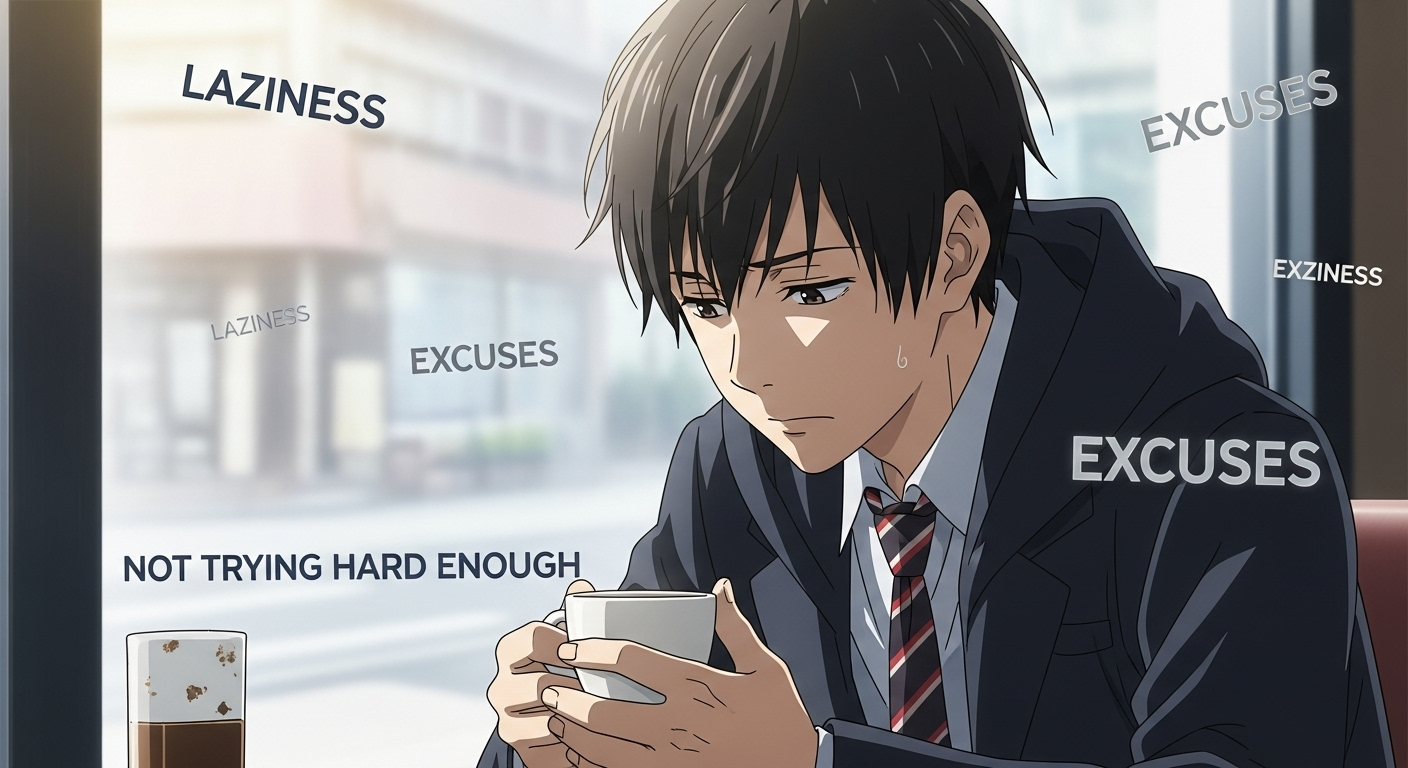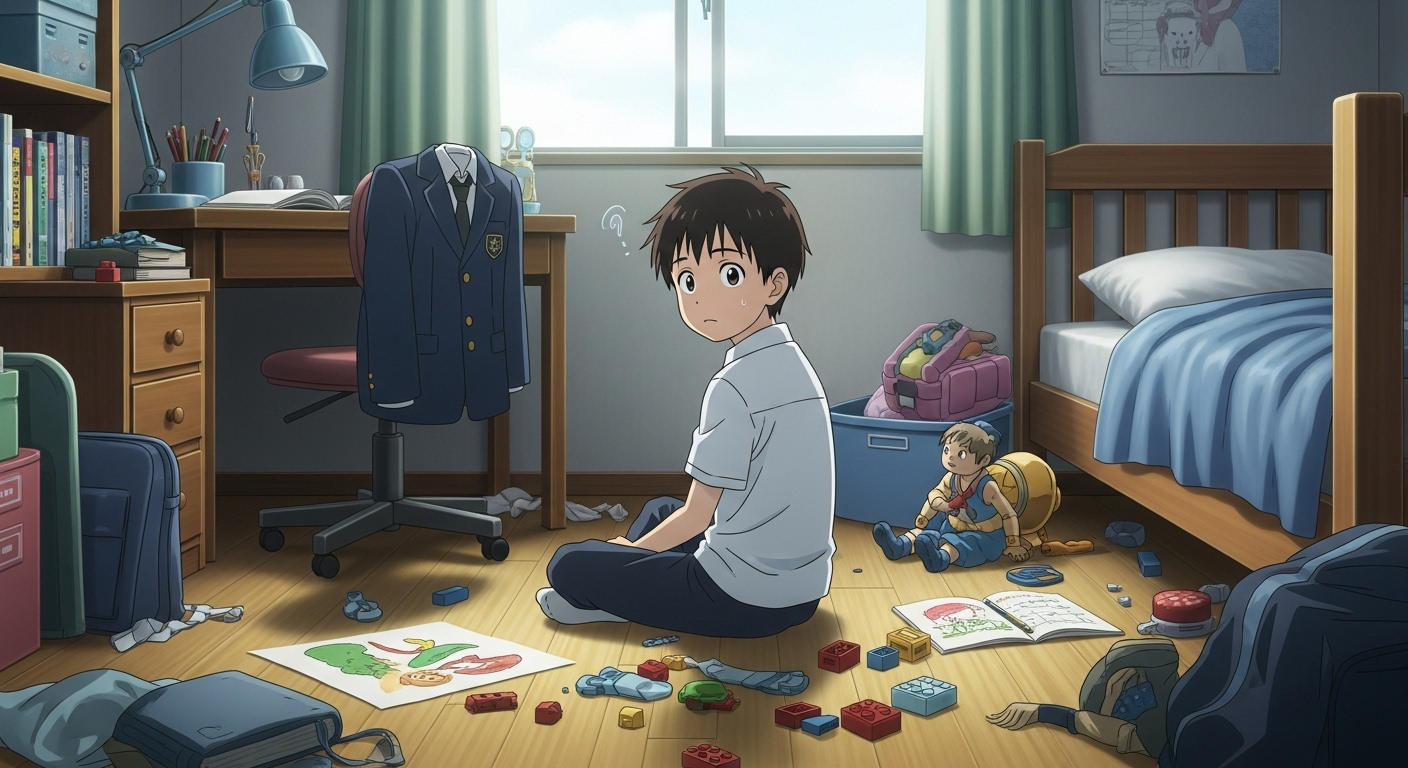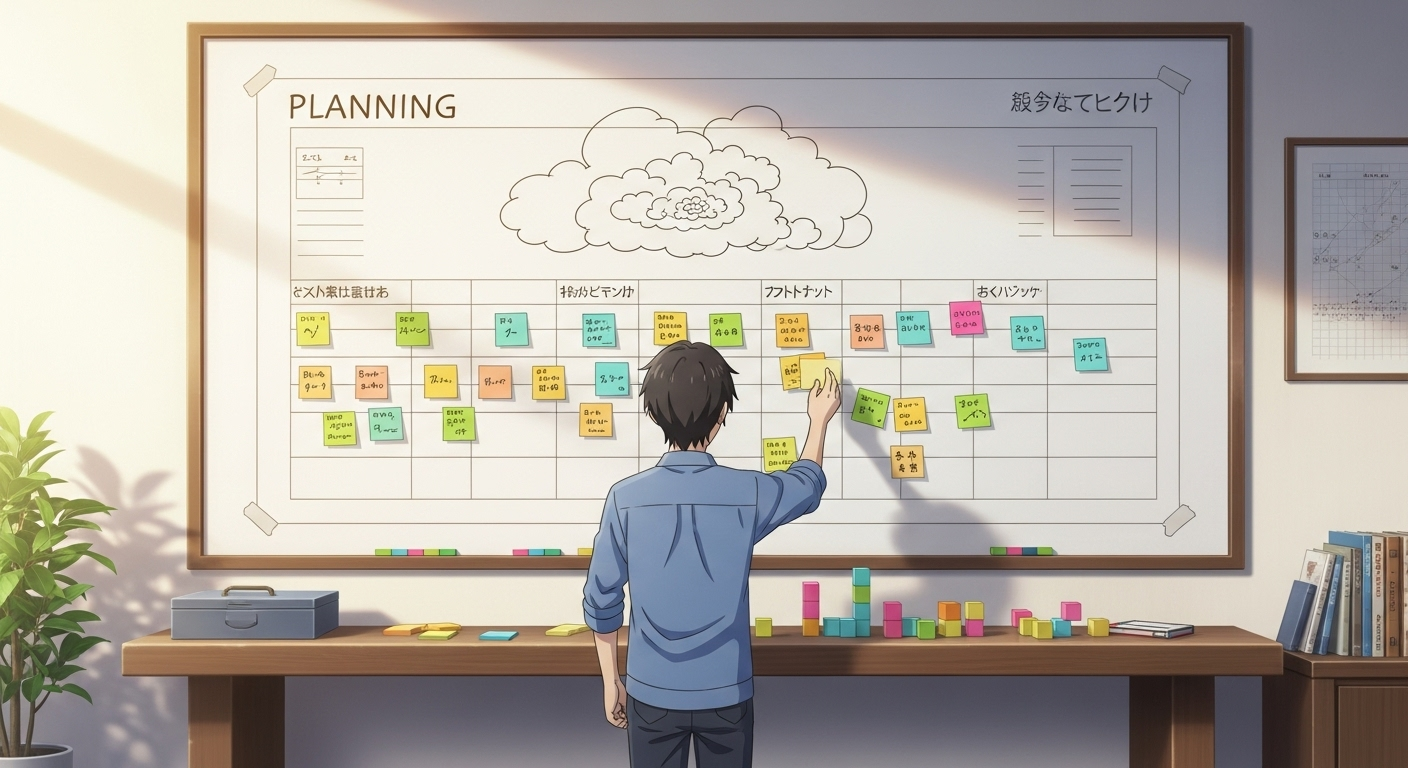I still remember the day my best friend told me he had ADHD. We were sitting in a coffee shop, and he looked embarrassed, like he was confessing to some terrible crime. "I know it sounds like an excuse," he said, "but I swear I'm not just lazy."
That conversation happened five years ago, but it came rushing back when I read about Anthony Hopkins calling ADHD "nonsense" and "rubbish." Here's a man who's given us some of cinema's most powerful performances, dismissing the daily struggles of millions of people with a wave of his hand.
I'm here to tell you why he's dead wrong — and more importantly, why his words matter more than you might think.

The Real Danger of Celebrity Misinformation
When someone like Hopkins speaks, people listen. That's exactly what makes his comments so dangerous.
Think about it: if you're a parent watching your child struggle to focus in school, and you hear a beloved actor say ADHD is "just an excuse," what happens? You might second-guess getting help. You might tell your kid to "try harder" instead of seeking proper treatment.
I've seen this happen. My cousin's son was showing clear signs of ADHD — couldn't sit still, constantly losing things, struggling to follow instructions. But his father kept saying "he's just being a boy" because he'd heard similar dismissals from public figures. They lost two crucial years before finally getting a diagnosis.
Those two years matter. Early intervention can be the difference between a child who thrives and one who spends their life believing they're fundamentally broken.
What Science Actually Says About ADHD
Here's what Hopkins and others like him don't understand: ADHD isn't some trendy diagnosis that doctors hand out like candy.
The American Psychiatric Association defines ADHD as a legitimate neurodevelopmental disorder. The World Health Organization recognizes it in their International Classification of Diseases. These aren't organizations known for being casual about medical diagnoses.
But here's the kicker — ADHD isn't just about being distracted. We're talking about a condition that affects the brain's executive functions. That means:
- Working memory gets compromised
- Emotional regulation becomes challenging
- Impulse control goes out the window
- Time management feels impossible
I've watched my friend forget important meetings, not because he didn't care, but because his brain literally wouldn't hold onto that information. I've seen him beat himself up for being "irresponsible" when he's working twice as hard as anyone else just to stay afloat.
The Human Cost of Calling It "Nonsense"
Let me share something that might make Hopkins reconsider his words.
Research shows that people with ADHD face serious, life-threatening consequences when their condition isn't taken seriously. About 25% of women with ADHD attempt suicide. Men with ADHD have a significantly higher risk of early death — we're talking 7-9 years shorter life expectancy.
These aren't just statistics. These are real people whose lives spiral because society tells them their struggles aren't valid.
My friend spent years self-medicating with caffeine and chaos before getting proper help. "I thought I was just weak," he told me once. "Everyone else seemed to handle life fine. Maybe I was making excuses."
That internalized shame — that's what comments like Hopkins' create.

The Reality Check: ADHD Isn't Rare or Trivial
Hopkins suggested these diagnoses have become "fashionable." Let's look at the numbers.
Roughly 8.4% of children and 2.5% of adults worldwide have ADHD. That's millions of people. If it were truly "nonsense," wouldn't we expect those numbers to be much lower? Wouldn't actual medical professionals have caught on by now?
The truth is more nuanced and more human. ADHD exists on a spectrum. Some people have mild symptoms they can manage. Others face daily battles that would exhaust most of us.
I've seen both. My friend's sister has mild ADHD — she uses planners and apps to stay organized, and she's doing great. My friend himself has moderate ADHD that requires medication and therapy. Both experiences are valid. Both deserve respect.
What We Lose When We Dismiss ADHD
When public figures dismiss ADHD, they're not just hurting feelings — they're actively making the world worse.
Parents delay getting help for their kids. Adults avoid diagnosis and treatment. Employers remain ignorant about accommodating neurodivergent employees. Insurance companies question coverage for necessary treatments.
We lose brilliant minds to shame and untreated symptoms. We lose potential breakthroughs because someone spent their life thinking they were broken instead of different.
Some of history's most creative innovators had ADHD. Entrepreneurs, artists, scientists — people who changed the world while managing brains that worked differently.

The Bottom Line: Empathy Over Ignorance
Here's what I want you to take away from this.
Anthony Hopkins is a phenomenal actor. That doesn't make him an expert on neurodevelopmental disorders. When celebrities speak outside their expertise, especially about medical conditions, we need to pause and fact-check.
ADHD isn't nonsense. It's a real condition affecting real people — people who deserve understanding, not dismissal. People who need support, not shame.
If you're struggling with focus, impulsivity, or any ADHD symptoms, don't let anyone — famous or not — gaslight you into thinking you're making excuses. Your experiences are valid. Your challenges are real. And help is available.
The next time someone calls ADHD "nonsense," remember my friend in that coffee shop. Remember the millions like him who've spent years thinking they were just lazy or broken. Remember that empathy costs nothing, but ignorance can cost lives.
Because ultimately, this isn't about Anthony Hopkins. It's about creating a world where people feel safe seeking help for their mental health — where different brains aren't dismissed, but understood.
So, when the sunlight of understanding breaks through, how do we walk the path forward? True acceptance isn't just a change of mindset; it's the start of action. For many of us, that means learning to live with ADHD and finding ways to navigate it.
Living with ADHD: Practical Strategies to Turn Challenges into Strengths
Recognizing and understanding ADHD is the first step, but what's more important is learning how to live with it—and even turn some of its traits into strengths. This isn't a battle against yourself, but a journey toward working better with yourself. Here are some strategies that have proven effective:
1. Build External Structure to Counter Internal Chaos
The ADHD brain can sometimes feel like a browser with countless tabs open at once. Since our internal executive function "RAM" is limited, we can build our structure externally.
- Task Decomposition: Break down big tasks like "finish the report" into smaller steps like "research sources," "create an outline," and "write the first section." Give yourself a pat on the back after completing each small step.
- Timeboxing: Use tools like the Pomodoro Technique to dedicate 25 minutes to a single task. This effectively combats distraction and gives you a sense of accomplishment in a short period.
- Designated "Landing Strips": Create a permanent "home" for your keys, wallet, phone, and other essentials. This can free you from the daily panic of "where did I put my stuff?"
2. Embrace Technology as Your "External Brain"
We're lucky to live in an era where countless tech tools can help compensate for the challenges ADHD presents.
- Reminders & Calendar Apps: Make good use of your phone or computer's calendar. Set reminders for appointments, deadlines, and even things like "remember to drink water."
- Focus-Assistive Tools: For many of us, reading is a huge challenge. Words dance on the page, and our minds wander. To address this, specialized tools have emerged.
For example, a free Chrome extension called ADHD Reading Helper (you can find it at https://adhdreading.org) offers some brilliant solutions:
- Smart Text Highlighting: It bolds the first part of each word, creating a "visual anchor" that guides your eyes smoothly across sentences, significantly reducing line-skipping and misreading.
- Focus Mode & Layout Optimization: It can highlight the paragraph you're reading while dimming the rest, and optimize fonts and line spacing to create a distraction-free reading environment.
- Text-to-Speech (TTS): It recently added a text-to-speech feature. Whether you're a student trying to keep up with online course materials, a professional wanting to "listen" to reports during your commute, or someone with dyslexia facing a long email, this feature can turn visual stress into auditory input, making information easier to process.
These tools aren't meant to "cure" us. They're like a good pair of glasses, helping us see the world more clearly.
3. Practice Self-Compassion and Make Peace with Your Imperfect Self
This is the most important point. Remember, ADHD is not a character flaw or an excuse for laziness.
- Identify and Reframe Negative Thoughts: When you blame yourself for forgetting something, try replacing "I'm such a failure" with "I forgot. Next time, I can set a reminder."
- Celebrate Small Wins: Did you finish your first task on time today? Cheer for yourself! Learn to appreciate your efforts instead of just focusing on what's left undone.
- Find Your Tribe: Join online or offline ADHD communities. You'll discover that countless people share your struggles. That sense of connection is a powerful form of healing in itself.
And that's a world we can all help build, one informed conversation at a time.